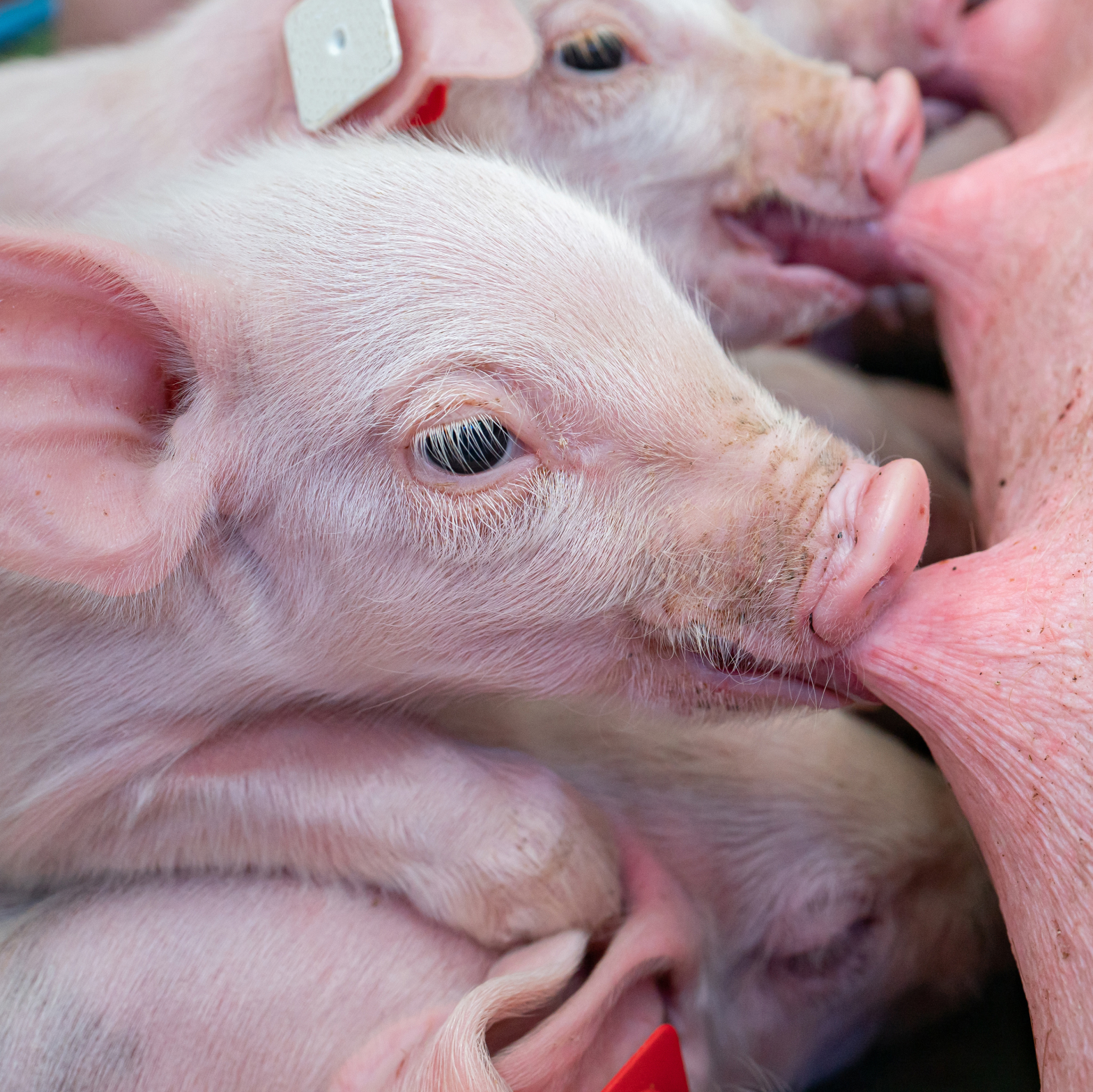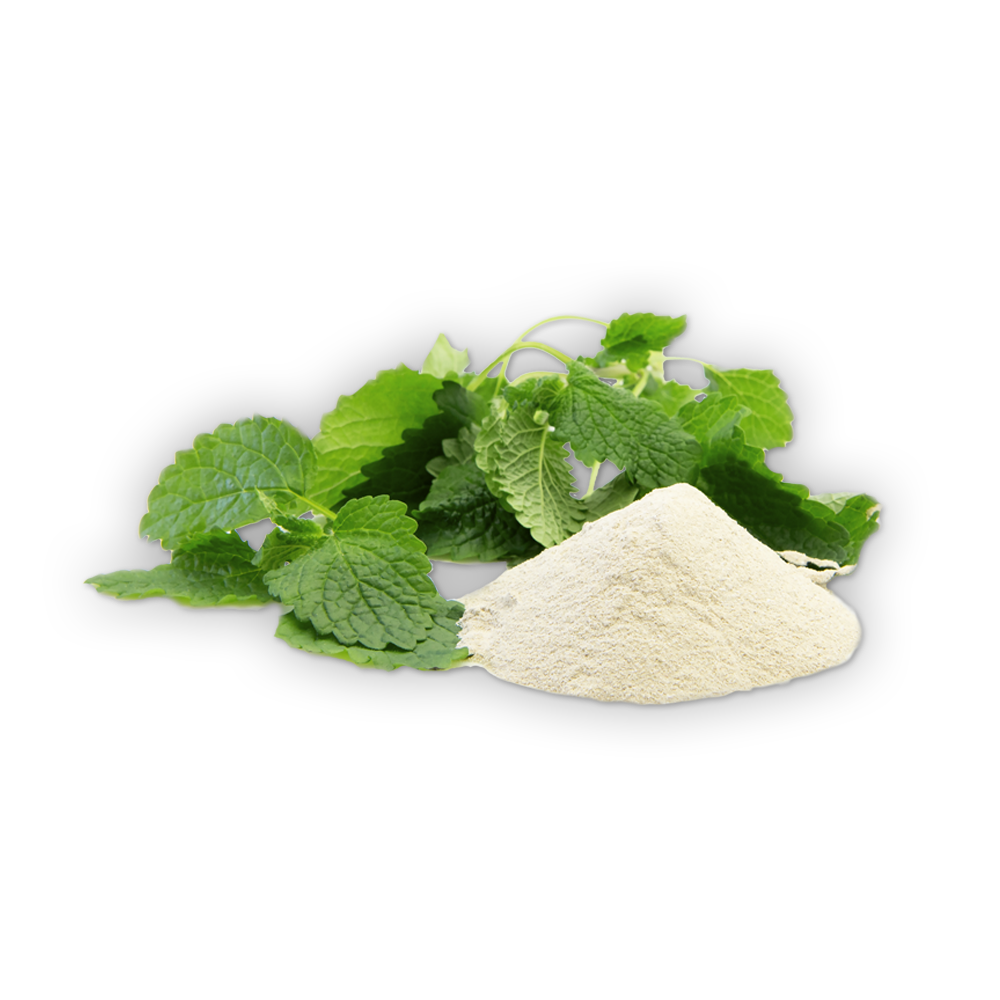The imbalance between lactation capacity and Sow prolificacy In the last 15 years, sow’s prolificacy has increased by 4.5 piglets per litter (Culbertson, 2019). To support this trend, colostrum average yield has increased with the born piglets’ number. When comparing a small litter of 10 piglets with a large litter of 20 piglets, the colostrum …
Continue reading “Colostrum quality: an essential aspect to improve piglet’s performance”










